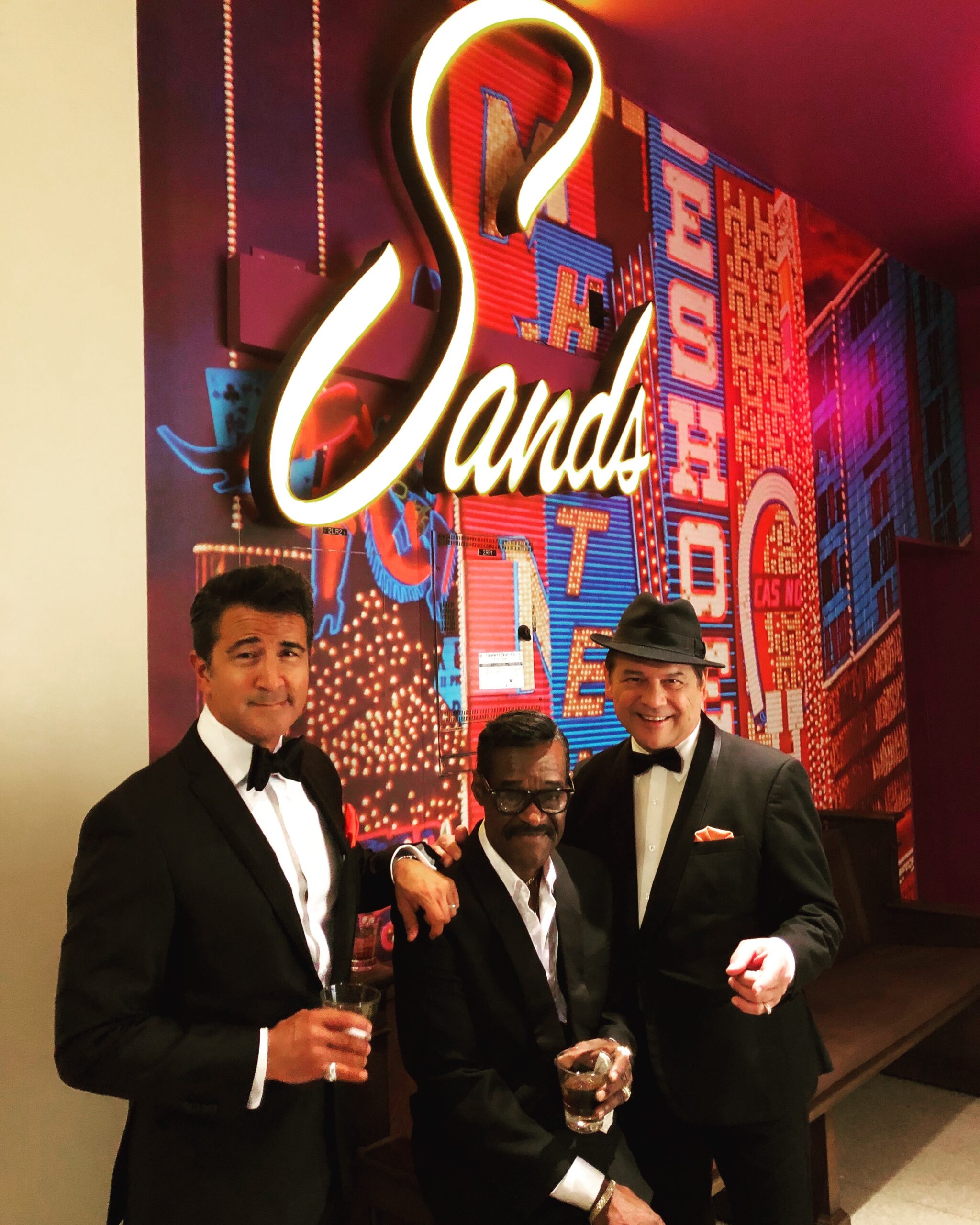

He didn’t want to be questioned about Sinatra and “that fucking Rat Pack.” Still, when he relaxed, he could be quite funny, in a smart-alecky sort of way. Although he realized that ongoing legend of the Rat Pack was the cause behind interviewers reaching out to him in his retirement, he resented the fact that the other aspects of his career were being ignored. He struck me as a hard, intensely bitter, angry individual who felt he had been wronged by the entertainment industry. Q: Did you like Joey Bishop? I realize you spent a lot of time with him, but did that make him any more likeable?Ī: I was quite disappointed during my first meeting with Joey Bishop. Today, sixty years after the formation of the Rat Pack, there is a large, right-wing renaissance, with seventy million American citizens voting for Donald Trump, a man who adores the Rat Pack, and who has a questionable reputation as someone who subjugates females, including those accusing him of sexual abuse. These paternalistic attitudes began to be questioned with the advent of the women’s rights movement. It was a time when misogyny was the norm, and a woman’s place was in the home, or in some guy’s bed. Rat Pack followers of the early sixties tended to be right-wing men and women, with old-fashioned views regarding men and the way they treat women. Do you see any parallels with 2020?Ī: There are. Q: You made much of the Rat Pack’s influence on the 1960 election. This explains why his career was essentially over when he was still in his early fifties. By the time his star had begun to fade, he had burned so many proverbial bridges that no one wanted to work with him. While he was on top, with Sinatra backing him, industry insiders were willing to put up with his hostility.

Bishop alienated co-stars, writers, directors, and producers. Could he have been as or more successful if he were more likeable?Ī: Absolutely yes. Q: It seems like Joey Bishop was one of the most hated people in show business. Now, 60 years after the iconic Rat Pack epitomized a certain kind of cool and on the eve of Sinatra’s 105th birthday on December 12, coauthor Richard Lertzman answered a few Deadline questions about Bishop and the Rat Pack era.
#The rat pack hbo professional
Sinatra eventually tired of Bishop, and his withdrawal from their professional association took away the special glow that was cultivated by Bishop’s association with the Rat Pack and Las Vegas. But the US culture was turning away from tuxes and swingers, and Bishop’s abilities had a hard time adapting. It’s a talent that served him well as a foil for the superstars of the Rat Pack, the magical stage act that featured Sinatra, Bishop, Dean Martin, Sammy Davis, Jr. Bishop’s deadpan delivery and ability to come up with quick retorts were perfect for nightclubs and talk shows. The authors leave the impression that it’s a wonder it didn’t happen sooner.īishop’s biggest backer was Frank Sinatra, who used him as an opening act that would warm up a crowd without stealing the show. That Bishop’s show business career fell off a cliff isn’t surprising, given the depth of animosity and the many bridges burned detailed in the book. Many of the people who worked with Bishop are quoted on the record with extreme vitriol, despising him for various and sundry tantrums and firings, along with a massive ego that erased credit from others. Combined with a volatile temper and a tendency to scapegoat others, he leaves a legacy that’s a mile wide and an inch deep, at least from the book’s perspective. It’s a tale of a man whose talents didn’t adapt well to a changing cultural and entertainment landscape. Lertzman and Davis’s well-researched book includes details of mob-run Las Vegas, as well as extensive time spent interviewing Bishop, whose bitter fade started at the relatively young age of 50, leaving him practically forgotten upon his death in 2007 at age 89.

Frank Cullotta Dies: Las Vegas Mobster Who Was Key Adviser On 'Casino' Film Was 81 Prestige


 0 kommentar(er)
0 kommentar(er)
